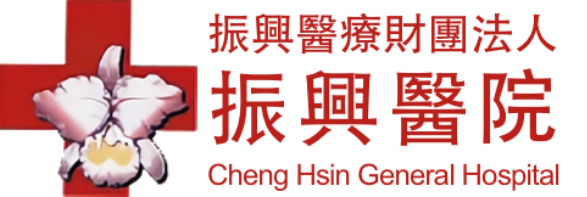Taiwan’s Authority in Heart Transplantation – Cheng Hsin General Hospital Strives for the Best Quality

Source : Taiwan Healthcare+
https://www.taiwan-healthcare.org/medic-all/taiwan-insight?articleSysid=MtsArticle20180619091603686108338
Published : 2018-06-19
Cheng Hsin General Hospital (CHGH) has continued to improve its medical equipment and techniques while doing its best in areas that may not get noticed. For example, its high survival rate after heart transplantation isn’t just due to surgical technique alone. More importantly, it relies on the Telecare Service Center’s continuous postoperative monitoring and immediate actions. This is why that even though telecare is difficult to implement well, CHGH has defied the odds to build up an excellent track record.
Taking Care of Sick Children: Giving Unconditionally
Over 50 years ago, the late Madame Chiang Kai-shek founded Cheng Hsin General Hospital to be a safe haven for children with polio. It was the only hospital in Asia that specialized in the treatment and rehabilitation of polio and physically disabled patients. Since then, Cheng Hsin General Hospital has carried on a culture of caring for disabled children and the underprivileged with love, persistence, and diligence. The hospital even extended its love beyond national borders to perform transplantation and disaster relief in Vietnam, Myanmar, and Nepal.
Attention to the Smallest Details: Insistence on Quality
“Quality is built upon years of persistence and not a one-time activity. Healthcare quality has no limits!” stressed Dr. Shen-Kou Tsai, the Deputy Superintendent of Medical Affairs at Cheng Hsin General Hospital. With empathy for the patient and insistence on quality, Cheng Hsin General Hospital has continued to improve its medical equipment and techniques while doing its best in areas that may not get noticed. For example, the high survival rate after heart transplantation at Cheng Hsin General Hospital isn’t just due to surgical technique alone. More importantly, it relies on the Telecare Service Center’s continuous postoperative monitoring and immediate actions. This is why that even though telecare is difficult to implement well, Cheng Hsin General Hospital has defied the odds to build up an excellent track record. Cheng Hsin General Hospital does not advertise itself to attract patients; it’s the reputation that draws the patients for its services.
Specialty 1: Heart Surgery and Postoperative Telecare
After transitioning to a general hospital, the cardiology team, led by Dr. Jeng Wei, established itself as the authority in the field, attracting patients from around the world. The team conducts over 600 cardiac surgeries a year. They have also completed many highly difficult heart transplant procedures, with over 500 transplants to date with the highest survival rate in Taiwan and one of the best in the world.
While surgeries have a significant impact on the treatment outcome, the postoperative tracking, continued care, and preventative measures play key roles as well. To provide a complete response to and tracking of cardiac disease, Cheng Hsin General Hospital established Taiwan’s first 24-hour Telecare Service Center aimed at the needs of cardiac disease patients and those with hypertension, hyperglycemia, or hyperlipidemia. A doctor reads patient data remotely, and a medical team is ready to intervene when emergencies arise to help the patient receive medical treatment. The result has been a tangible decrease in mortality rate. The Telecare Service Center is the longest standing, most effective, and most commercially successful of such centers in Taiwan.
Specialty 2: Cochlear Implant
Cheng Hsin General Hospital’s minimally invasive cochlear implantation holds the record for the smallest incision at 2.5 cm, along with a perfect, world-leading track record of zero postoperative infections, zero complications, zero adverse events, and nearly 100% residual hearing. The other world’s first was to switch on the cochlear implant within 24 hours instead of the conventional 1 month. The result was a reduction in patient commute and an accelerated rehabilitation process.




 Mon~ Fri 8am~5pm.
Mon~ Fri 8am~5pm.




